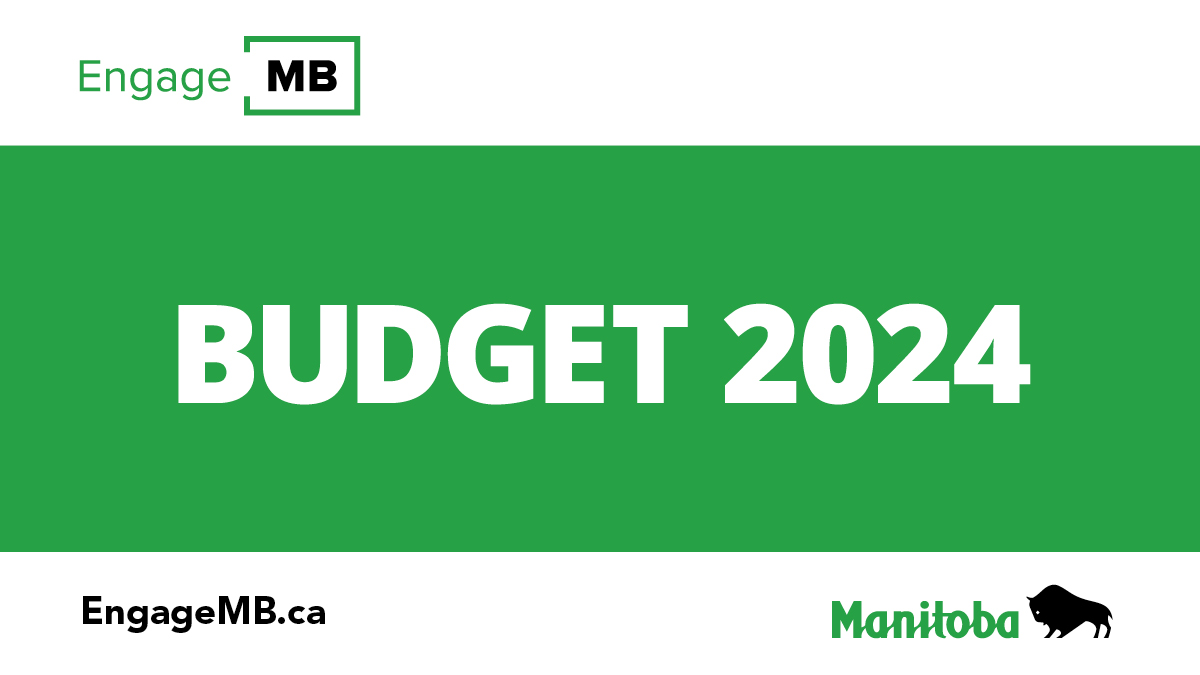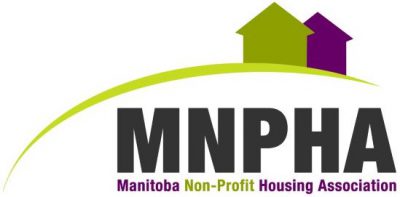

The 2024 Manitoba budget engagement has started. The engagement includes a survey and will continue throughout January and early February with town hall meetings.
Help ensure that #MBBudget2024 meets the needs of Manitobans. Take the survey, attend engagements, submit your recommendations, and share with others who would like to see Budget 2024 support our sector.
Community housing, which is housing that is owned by government, by a cooperative, or by a non-profit, is both a social good and an economic necessity. The 2024 budget is an opportunity for the provincial government to invest in community housing to achieve economic efficiencies and growth, to end chronic homelessness in Manitoba through housing with appropriate supports, and to preserve the legacy of housing that has been created in our province.
MNPHA’s budget submission includes our members’ three priorities:
- Repairs and Capital Funding
It is critical that community housing stock is maintained to continue providing good quality homes for Manitobans. To this end, we recommend the government provide $1.5 billion in funding over ten years, with a stream of financing developed for and by Indigenous-led housing organizations. It would cost at least four times more to replace this housing if it were lost. The funding is most critical for those with operating agreements set to expire in the next 5 years.
- Supports within Community Housing
Community housing is more than a door and four walls, it delivers home, community, and stability. To prevent eviction, reduce social isolation, and provide resource connections for tenants to build healthy and safe communities, we recommend a target of 1 tenant support worker per 100 units, in addition to an increasing amount and diversity of supportive housing for seniors and people at risk of homelessness.
- New Housing Development
The provincial government must create 10,000 affordable, community-owned (non-profit, cooperative, and public) units over ten years to meet the current need.
A recent report by Deloitte, commissioned by the Canadian Housing Renewal Association and partners, concluded that investments in community housing boost productivity and economic growth without contributing to inflation. It recommends that Canada aim to achieve the OECD average share of community housing, 7%. In Manitoba, achieving this target would lead to a 3.5% to 5.8% increase in productivity, and a $0.9-$2.2 increase in GDP.
A long-term strategy on community housing will be necessary to achieve this ambitious target. While developing the strategy, the 2024 budget can immediately begin to achieve an increase in community housing through:
- Following through on the commitment to remove the PST from new rental builds, following the model of the Rental Construction Tax Credit.
- A continuous proposal development program so non-profit groups can build the capacity necessary to develop a pipeline of community housing projects.
- Develop a housing acquisition fund modeled off British Columbia’s Rental Housing Protection Fund to allow non-profits to purchase existing housing to protect and/or increase the affordability of existing units, including (but not limited to) vacant and derelict buildings.
- Continue to provide funding for new community housing development by supporting operations and capital gaps for those receiving funding through the National Housing Strategy.
Manitoba’s bold goal of ending chronic homelessness in two terms is an inspiration for all those working in housing, and will require collaboration, innovation, and persistence to maintain what has been built while creating even more effective solutions.

Recent Comments